How to build trust, expand your reach, and grow your client base through community education.
Educational events can be one of the most powerful tools in your Medicare agent toolkit. Done well, they help you connect with your community, build genuine relationships, and position yourself as the Medicare expert people trust.
The secret? Show up to help, not to sell. When you focus on genuinely educating people about Medicare, the business naturally follows.
The Spark team hosted a webinar sharing proven strategies every Medicare agent can use to host successful events. We’ve collected the key takeaways below.
Why educational events work so well
Medicare can be confusing and overwhelming. Showing up and offering clear, helpful information with no strings attached will make you different from every other agent your potential client has encountered.
Educational events let you:
- Build trust before you ask for business. People can see your expertise and approach without feeling pressured to buy anything.
- Become the go-to Medicare person in your area. When someone has a Medicare question, they’ll think of you first.
- Create partnerships that keep giving. Venues that host successful events will invite you back and refer people to you.
- Fill your calendar with quality appointments. Attendees who want to learn more are already pre-qualified prospects.
People don’t care how much you know until they know how much you care. Educational events are your chance to show you care about their understanding, not just their enrollment.
Step 1: Find the right venue
Start with places where you’re comfortable and people already trust the organization. Some of your best options are usually senior centers, libraries, places of worship, and restaurants with meeting rooms, for example.
When scoping out potential venues, make sure the space is easy to get to and navigate for seniors. Does the venue have tables, chairs, and a projector you can use? Can they help spread the word through social media? Ask if they’d be interested in hosting regular events if your first one goes well.
Important compliance note: If you’re planning to do sales events at the same venue, CMS rules say you can’t hold a sales event within 12 hours of an educational event.
Step 2: Pick a topic people actually want to learn about
Medicare 101 is your best starting point. It’s broad enough to attract a good crowd, but specific enough that you can dive deep and really help people understand the basics.
Other topics that work well:
- Extra Help/LIS - Some people who qualify don’t know these programs exist.
- Part D drug coverage - Many people are confused about this.
- Medicare Supplement vs. Medicare Advantage - This is a big decision to make.
- Prescription drug savings - Always relevant and immediately useful.
Pick one topic and cover it thoroughly. Don’t try to cram everything into one presentation. Your goal is for people to leave thinking, “Wow, that was really helpful. I want to learn more.”
Step 3: Promote your event (the right way)
Your marketing needs to attract people while following CMS rules. Every flyer, social media post, or ad must:
Make clear that the event is educational. Use phrases like “Medicare 101 Educational Seminar” or “Learn About Medicare - Educational Event.”
Include the required disclaimers:
- “This event is for educational purposes only. No plan-specific benefits or details will be shared.”
- “For accommodations of persons with special needs at meetings, call [your phone number], TTY 711.”
Add TPMO language if you don’t represent every plan available in your area.
Not sure how to promote? Ask your venue to include it in their newsletter or post on their bulletin board. You can post in local Facebook community groups or submit your event to local newspaper community calendars. Tell your current clients and ask them to bring their friends. You can also create simple, professional flyers to post around your area.
Keep your messaging simple: “Free Medicare Education - Learn the Basics.”
Step 4: Set up for success
Arrive at your venue 30-45 minutes early. You’ll need time to test your presentation tech (projectors, laptop connection, slides, backup plans if technology fails.)
Create a welcoming atmosphere with light snacks, coffee, and even friendly signage. These go a long way.
Prepare materials for each seat:
- Notepad and pen
- Your business card
- Permission to Contact form
- Handouts related to your topic
- Maybe a small branded item (nothing expensive)
Important compliance note: You cannot require people to sign in or give you their contact information. They must initiate and voluntarily give you that information.
Step 5: Educate (don’t sell)
Focus on making Medicare less confusing, not pitching specific plans. Skip the Medicare jargon, and explain things like you’re talking to your neighbor. Use real examples like “Let’s say you take three medications…” This helps people understand how concepts apply to them.
Encourage questions — the more people participate, the more valuable they’ll find the event. And if you provide practical takeaways, people will leave with information they can use right away.
Practice your presentation beforehand, and record yourself or present to a friend. You’ll want to sound natural and confident — your energy makes a huge difference.
Step 6: Make the most of after-event conversations
Avoid packing up immediately once your presentation ends. This is when the real relationship-building happens. Stick around and chat, and be available for individual questions and concerns. People will tell you exactly what they need help with if you listen. Then, you can offer next steps. “I’d be happy to sit down with you and look at your specific situation.”
Collect contact information only from people who offer it, and schedule follow-up appointments while your presentation is still fresh on your audience’s mind.
Pro tip: Always prepare for more people than you expect. If 20 people RSVP, set up for 25-30. Word of mouth brings extras.
How to measure success
An impactful educational event creates momentum that lasts long after the presentation ends. Track simple metrics to see how you’re doing:
- How many people showed up vs. how many you expected
- How many PTC forms you collected
- How many appointments you scheduled within a few days
- How many referrals came from attendees
- Whether venues want you back
Get the tools to make it easy
Hosting an educational event takes planning, but you don’t have to do it alone. Spark provides everything you need to get started, including compliance checklists and presentation templates. You can find these materials on the Spark platform.
Not a Spark agent? Book a demo with us to get started.



.jpeg)
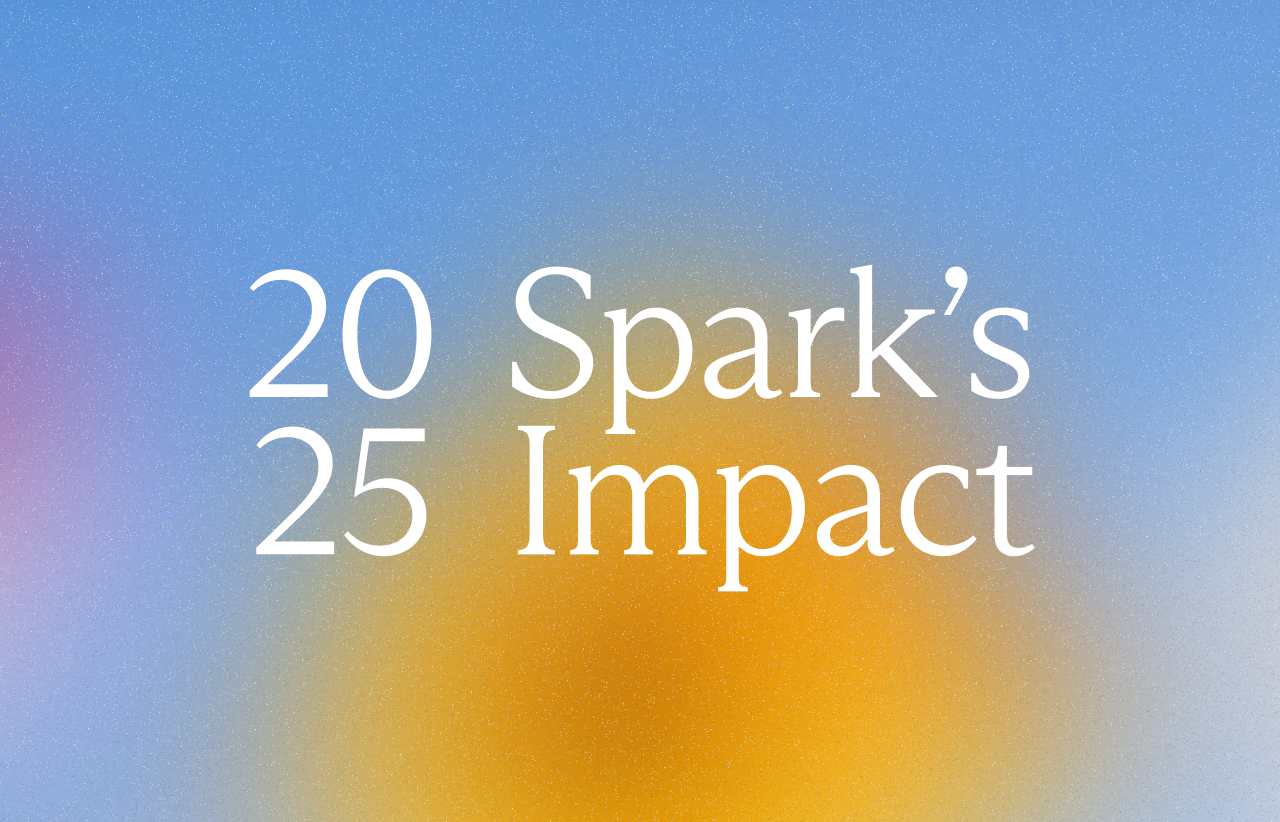













.png)

.png)



.png)
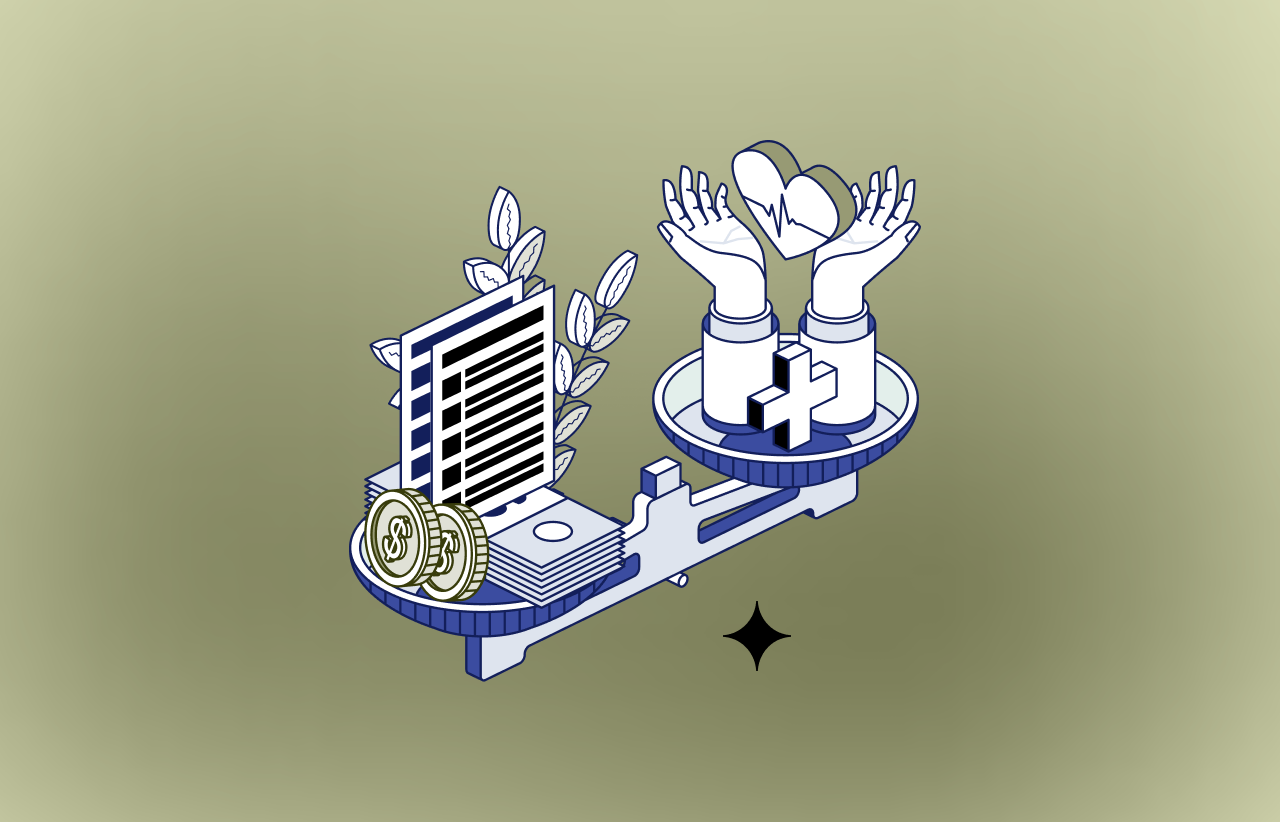

.png)


.png)



.png)




.png)





.png)
.jpeg)

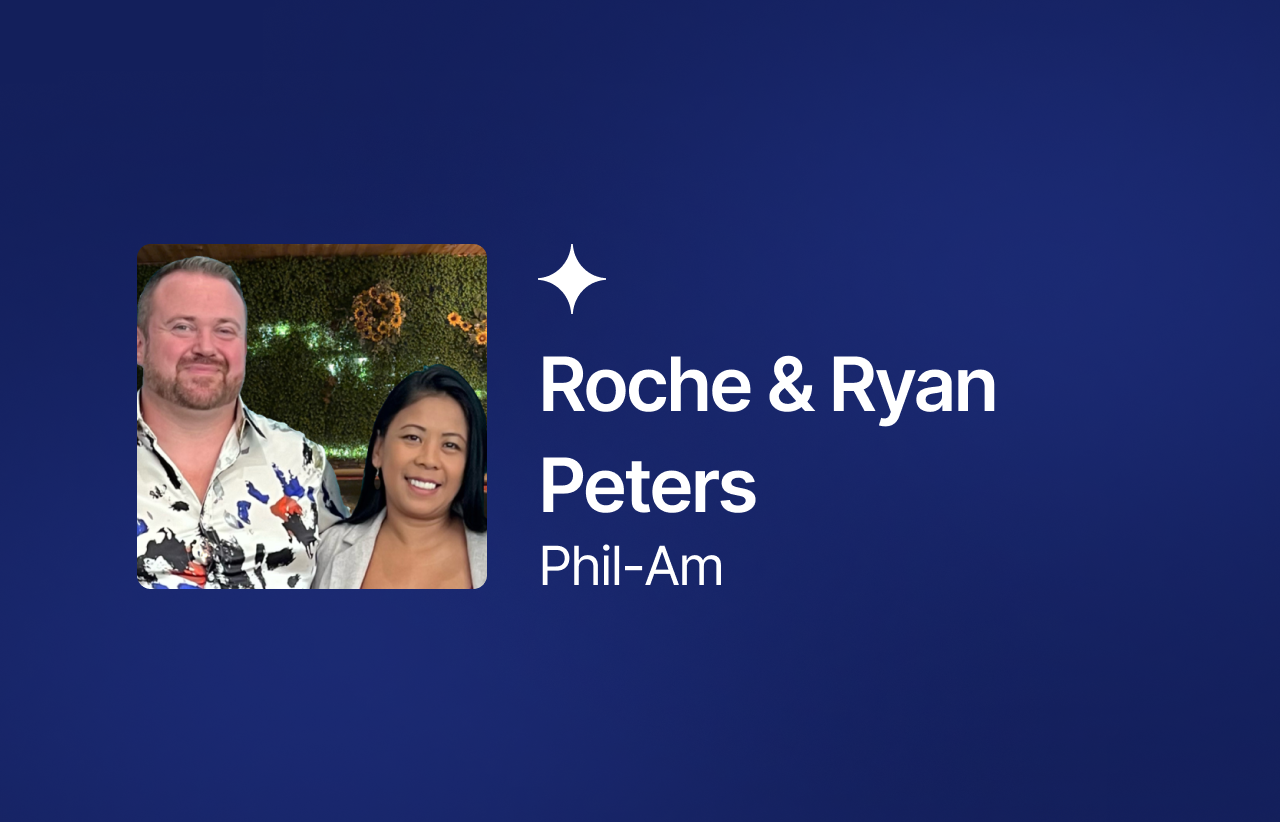
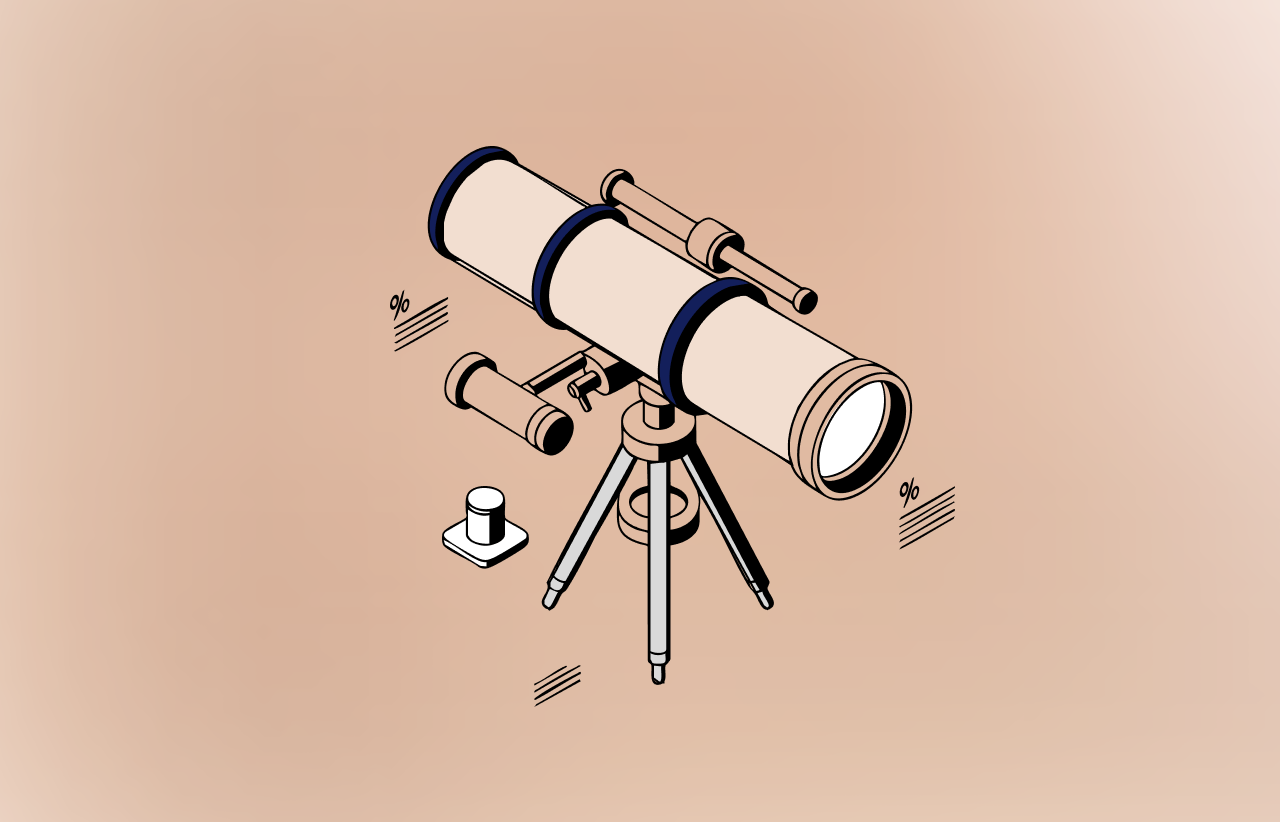


.png)

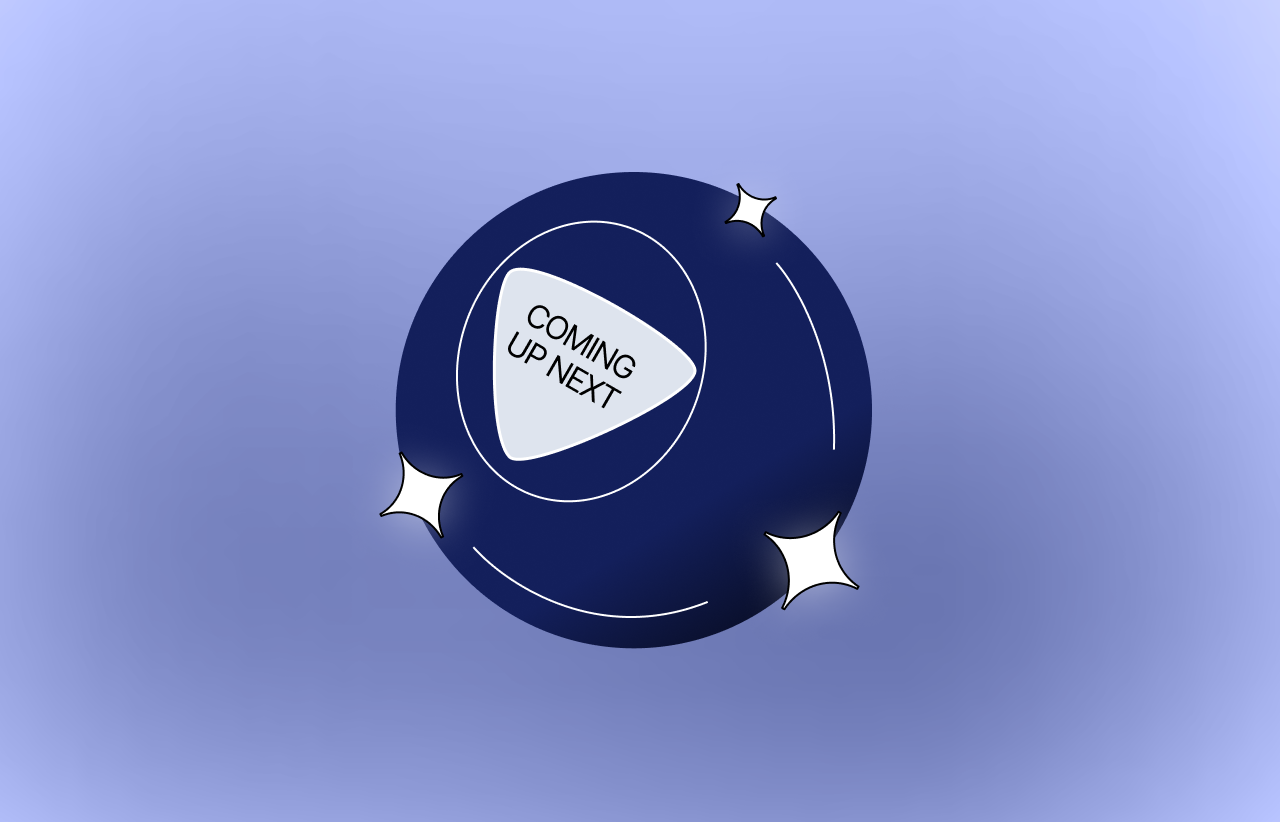
.png)
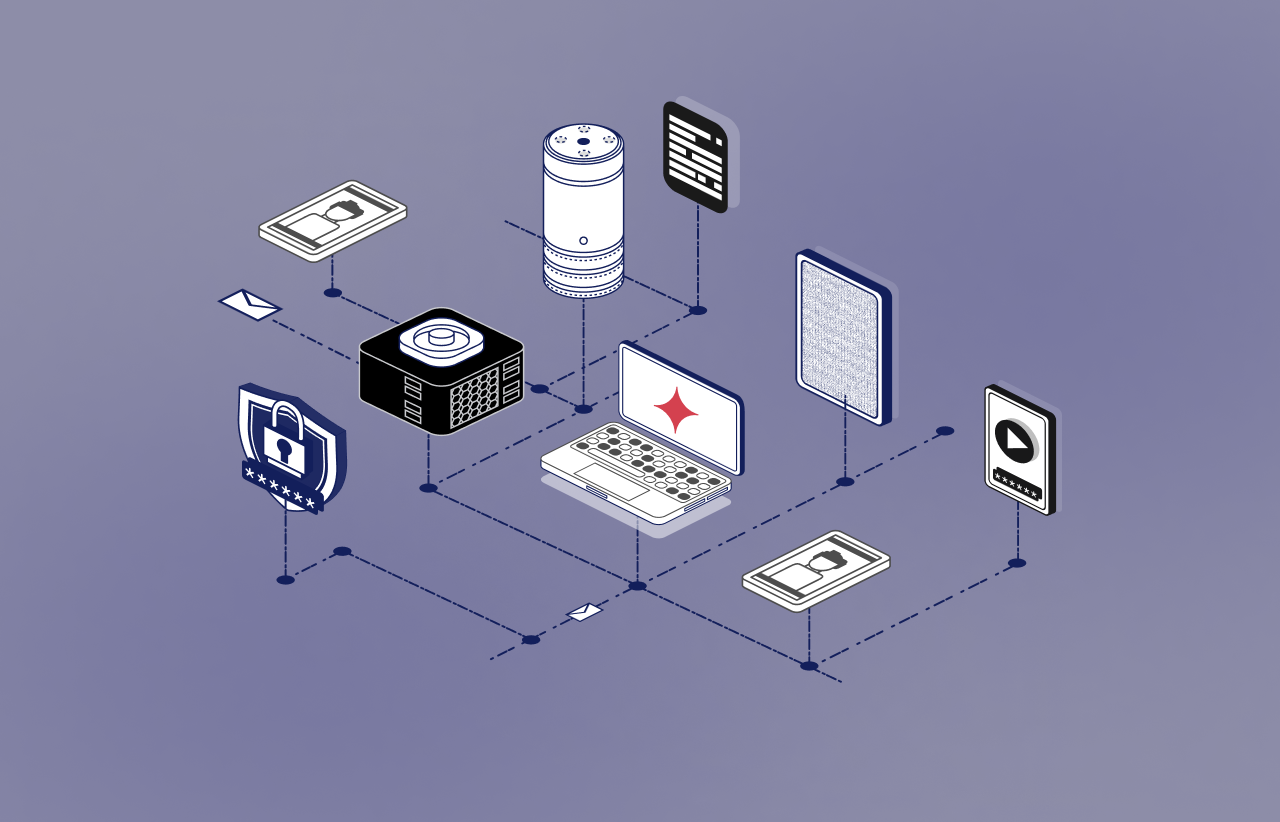
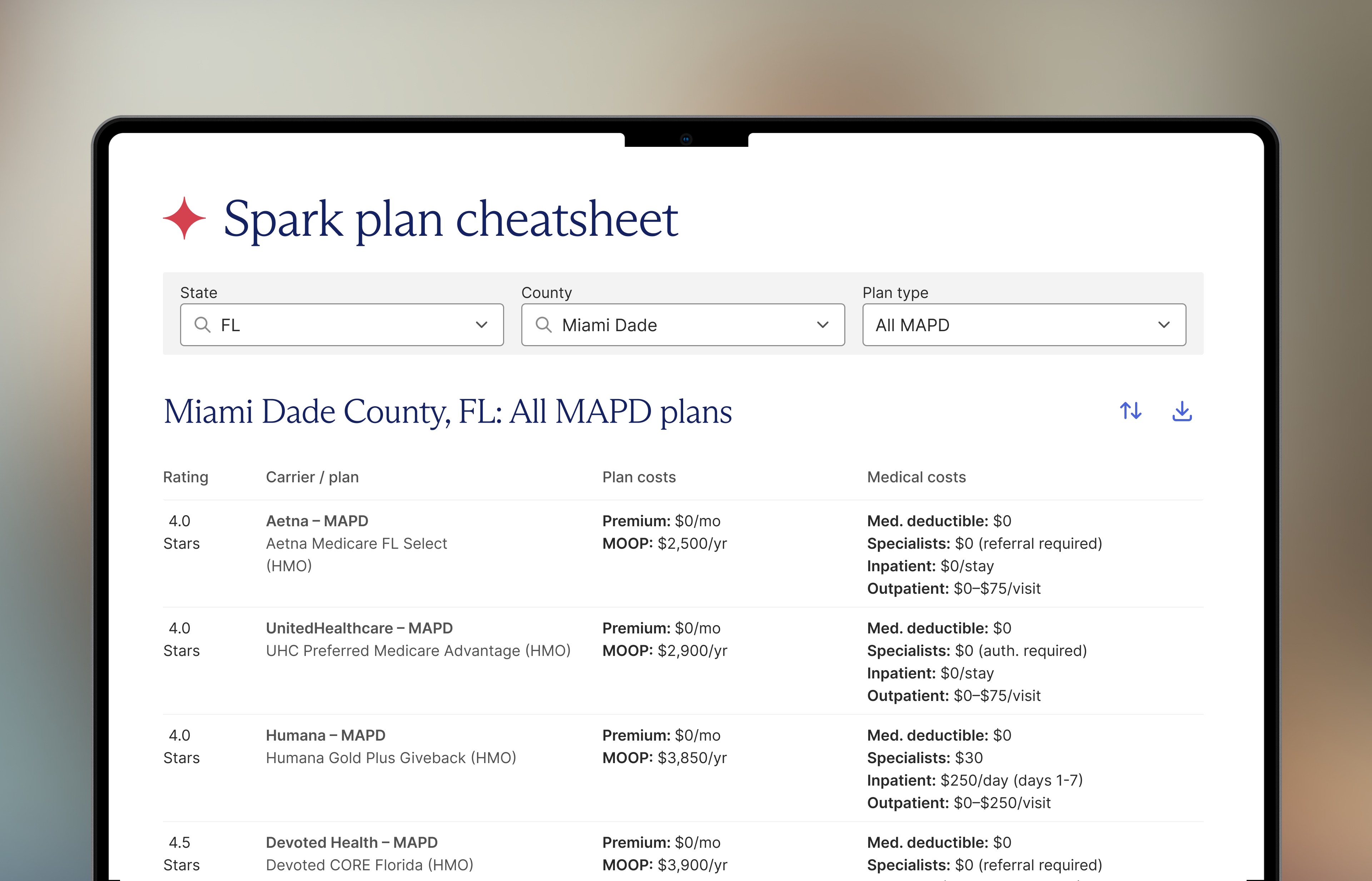
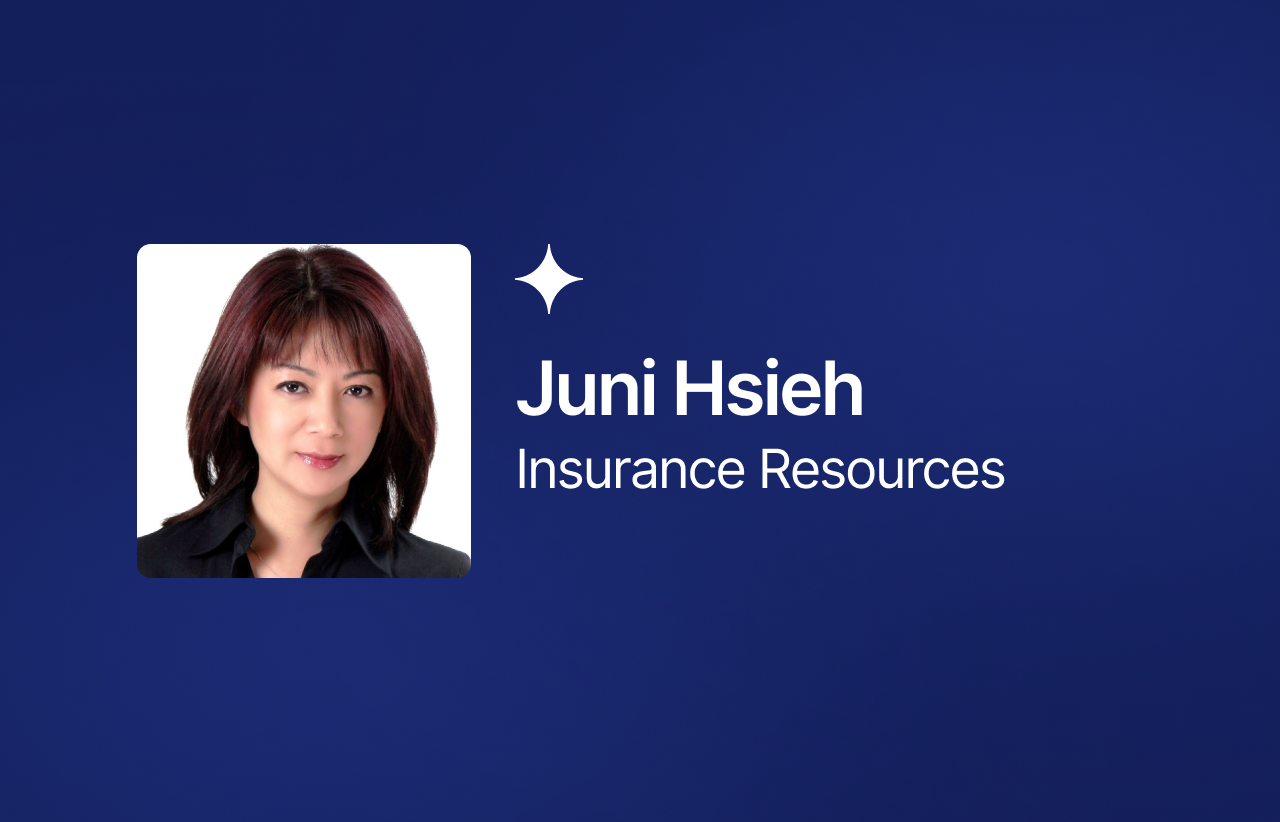

.png)
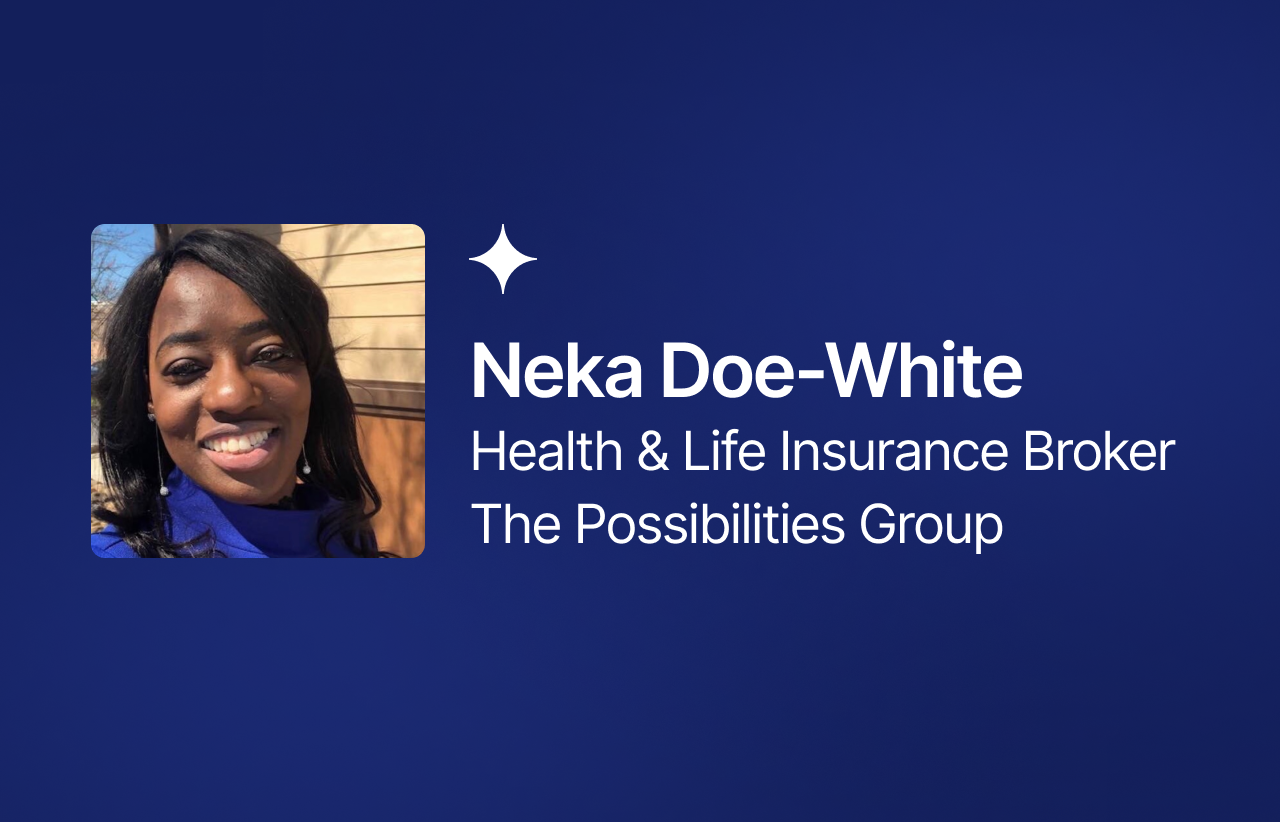

.png)

.png)






.png)

